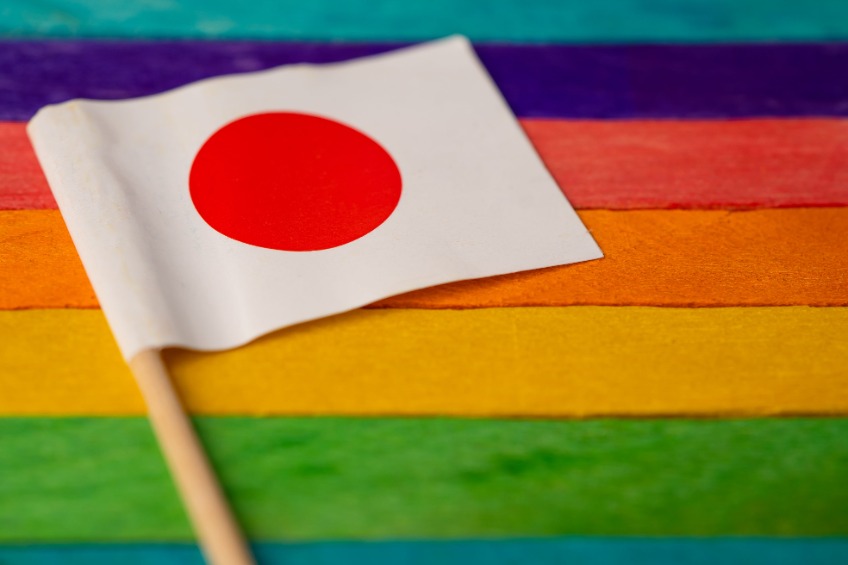Same-sex Marriage in Japan

Same-sex Marriage in Japan
Does Japan recognize same-sex marriage?
As of November 1, 2022, same-sex marriage is not legally recognized in Japan. As of July, 2022, the same-sex partnership system was in effect in 223 municipalities, with a population coverage rate of 53.3% of the total Japanese population, and the number of couples using the system was 3,169.
Article 24 of the Constitution of Japan
Article 24, Paragraph 1 of the Constitution of Japan states, “Marriage shall be solely based on the consent of both sexes and shall be maintained through mutual cooperation on the basis that husband and wife have equal rights,” and Article 24, Paragraph 2 of the same Constitution states, “With respect to the choice of spouse, property rights, inheritance, choice of residence, divorce and other matters relating to marriage and family.”
Is same-sex marriage banned in Japan?
There is controversy over the interpretation of “the law shall be enacted on the basis of the dignity of the individual and the essential equality of the both sexes.”
One interpretation is that since ‘both sexes’ in Article 24 refers to a man and a woman, the Constitution must be amended in order to legislate same-sex marriage.” The term “both sexes” should be noted. Under the current interpretation of the Japanese Constitution, the prevailing view is that this “both sexes” refers to a man and a woman. This has resulted in same-sex marriage not being recognized.
However, some observers have a different interpretation. They say that both sexes can be interpreted as one independent gender, not as a man and a woman.
In other words, they argue that it can also be interpreted as “a woman and a woman” or “a man and a man”.
In 2015, the partnership system spread rapidly, and more than 240 municipalities in Japan have implemented the partnership system (as of November 1, 2022, at least 242 municipalities have introduced the system; e.g. Sapporo, Saitama, Yokohama, and Osaka and Fukuoka City. Many prefectural governments also implemented the partnership system. They are Aomori, Akita, Ibaraki, Gunma, Tochigi, Tokyo, Mie, Osaka, Fukuoka, and Saga Prefectures.
Partnership Laws in Japan
Enactment of partnership laws and other laws that grant same-sex couples the same rights as married couples, allowing them to register as a family rather than as a married couple, has been proposed as an alternative to same-sex marriage. There were many precedents that gave common-law couples similar rights to those of formally married couples.
- Aiming for a society in which people can marry regardless of gender, lawsuits seeking state compensation have been filed in various regions, claiming that “it is illegal for the Diet to keep on not making laws recognizing same-sex marriages.
- In March 2021, the Sapporo District Court ruled for the first time in Japan that a legal system that does not recognize same-sex marriage violates the Constitution.










